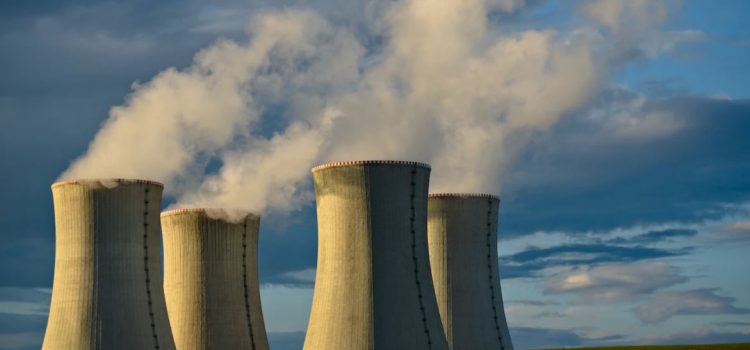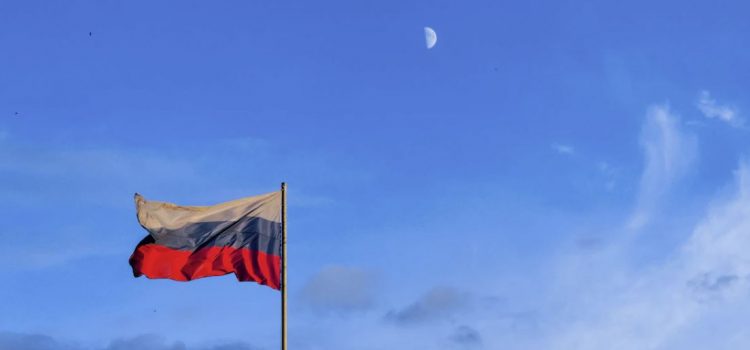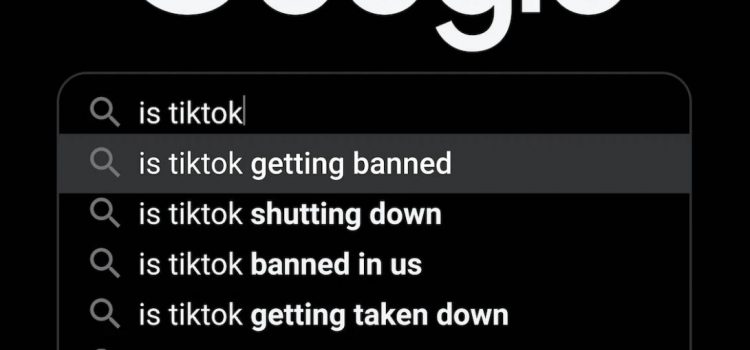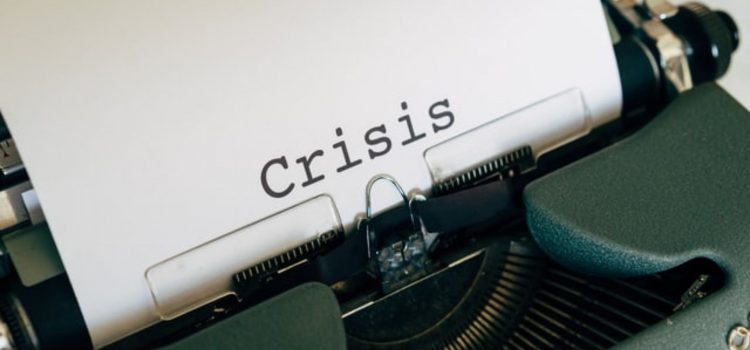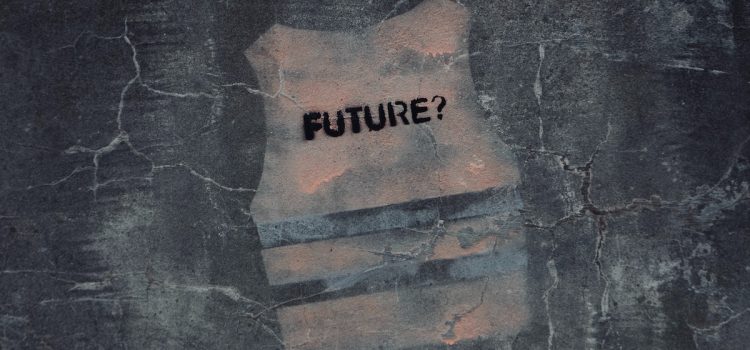How costly are nuclear power plants? Can they keep up with growing energy demands? How safe are they? We can’t get away from our dependence on energy. Michael Shellenberger argues that nuclear is the way to go. He explains the benefits of nuclear power and addresses the reservations and misconceptions many people have about it. Read on to understand Shellenberger’s argument for nuclear power, and see whether you’re convinced.
The Benefits of Nuclear Power: A Safe, Clean, & Reliable Choice
